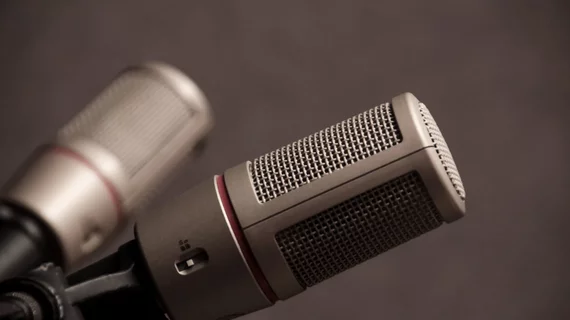AI helps bring voices to the voiceless
At the Voice Preservation Clinic in Boston, researchers are now using AI technology to reconstruct the voices of patients at risk of losing the ability to speak.
According to a new report from the Guardian, the project is a collaboration between Northeastern University in Boston and VocaliD, a digital voice company. While a patient is still able to speak, they make a series of recordings that assist the researchers as they build the digital voice.
“What we have them do is record about two to three hours of speech,” said Rupal Patel, PhD, founder and chief executive of VocaliD, as quoted by the Guardian. “From those recordings, we then are able to build an AI-generated voice engine, essentially, that sounds like them.”
Recording at the clinic is free, though there are charges associated with ordering samples of the final reconstructed voice. For the first year of the project, the final build fee ($1,499) is being completely waived by VocaliD.
Click the link below for the full story.

